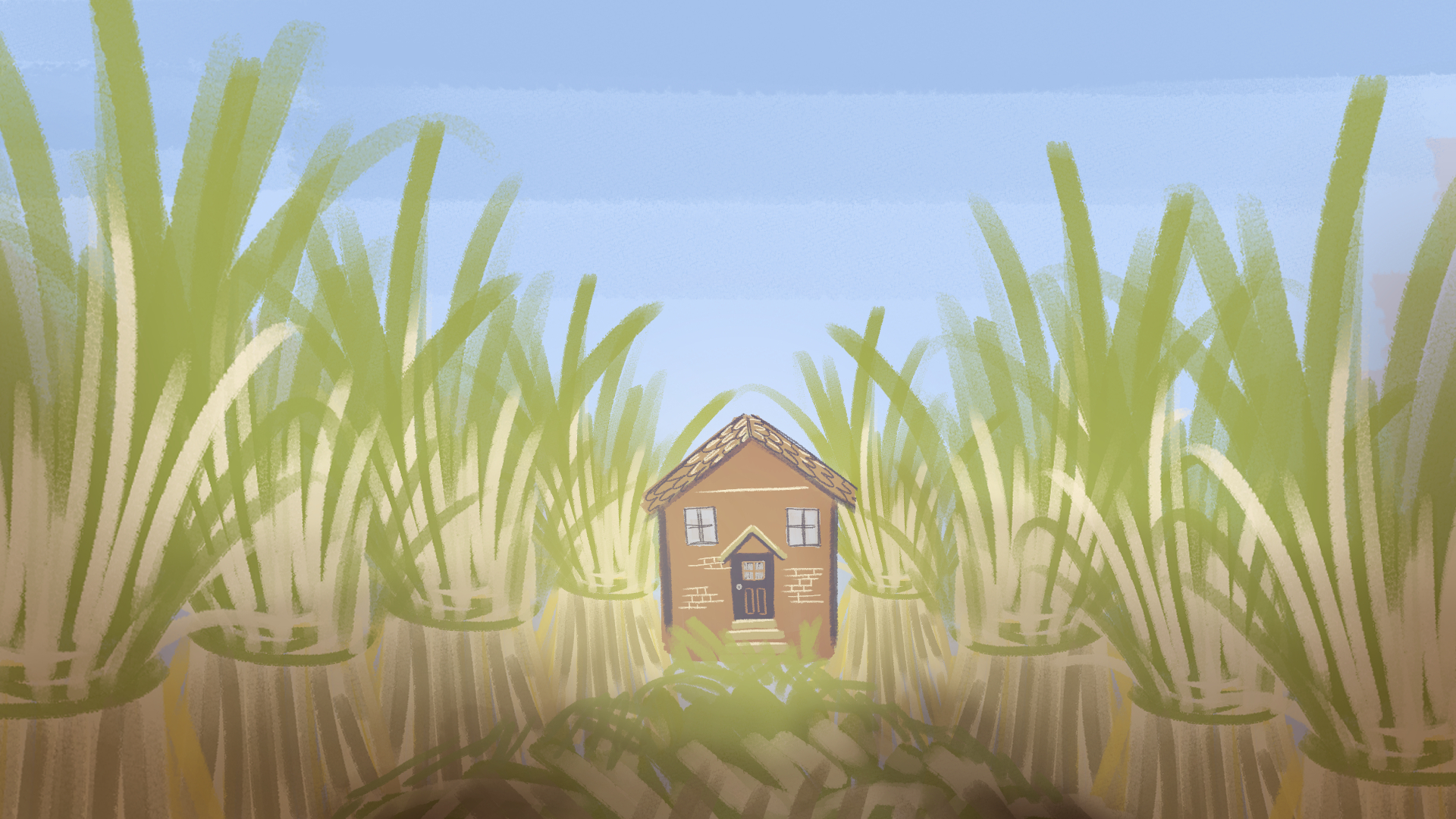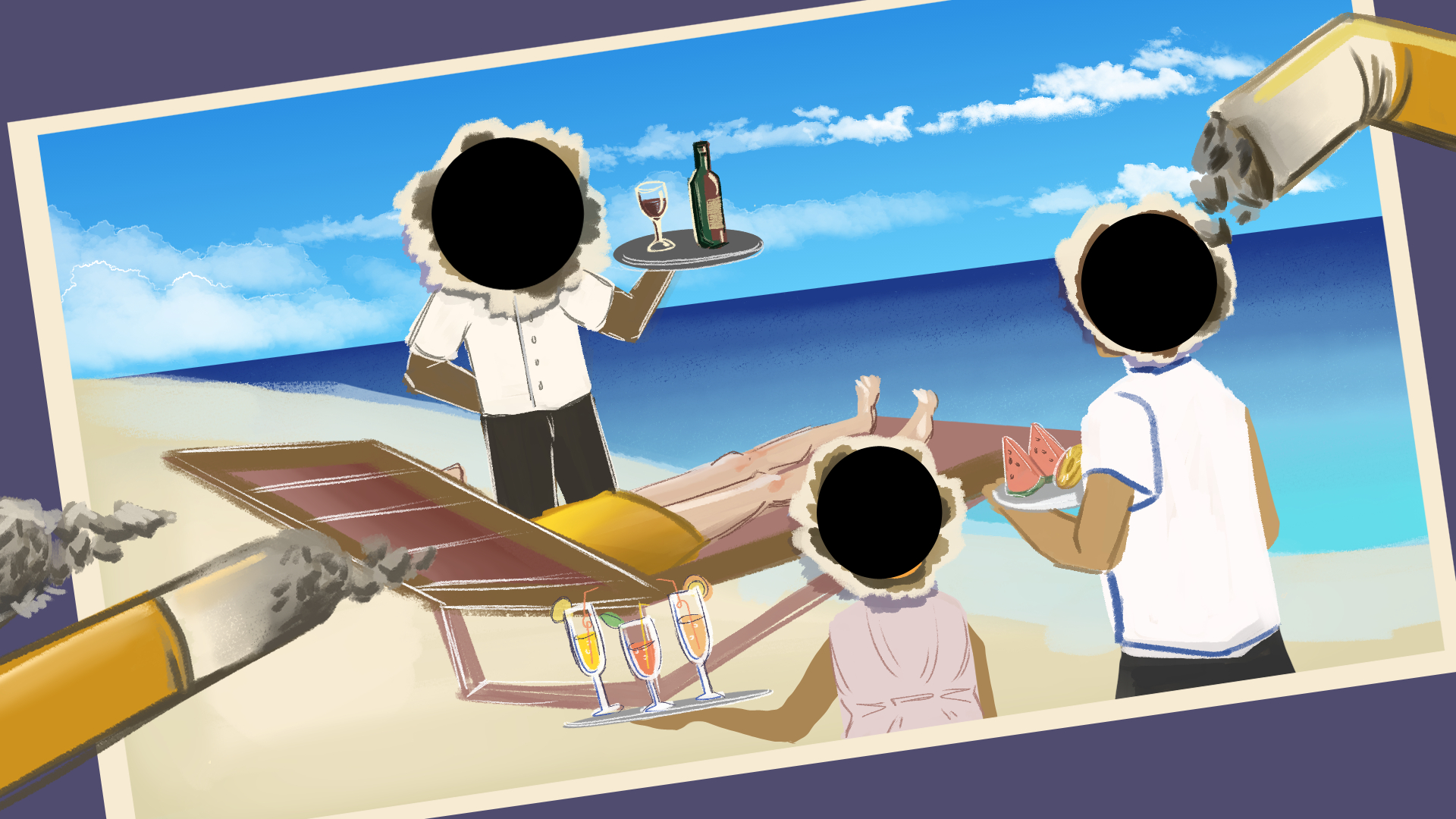I am intrigued by the theory of fight or flight. When in a crisis, we are left between the crossroads of facing what’s ahead of us or fleeing to safety, and I think of the many ways we find ourselves between these choices. More than that, I am intrigued by the reality that more often than not, only a certain set of people even get to choose.
For example, over the summer, during the resurgence of the Black Lives Matter movement and all the horrible sights of murder that came with it, I was not granted the choice to flee. There’s no running from the skin I’m in and the constant spectre of death that comes with it. Even with the pandemic as another crisis, people who experience poverty and disenfranchisement cannot simply decide to flee the rising cases and the mind-numbing lockdown that comes with it.
I read article after article about celebrities, influencers, and well-off people who had the luxury of fleeing to sandy beaches, demanding not to be judged for this decision. They claim that what’s necessary in such difficult circumstances is ‘positivity,’ and in their condescension, they seem to remind their millions of followers that if they had the chance, they too would flee.
But I wonder if they ever questioned this version of reality. I wonder if they thought about who gets the choice to escape and, specifically, if they thought about the citizens of the countries they escaped to.
Did these tourists consider the hotel staff who brought them their piña coladas as they captioned and edited their posts? Did these tourists think about these locals and their fears? About their concerns with the virus? As they gleefully watched the exploited hired entertainers dance to their local music, did they wonder about whether they, too, were tired? Did they ask themselves whether the ‘locals’ or ‘villagers,’ as they’re so called, wished to escape this pandemic as well?
Then, in these moments, I think of Kenya.
The last time I was in Kenya, I was nine years old. I remember my great grandmother’s sugar cane field and how it lined the path up to her quaint home where she’d be bustling between the kitchen and the yard, trying to ensure a constant flow of chapatis to my family congregating outside. I remember the heat and how putting on a seatbelt was like playing with fire, and I would get burned each time. I remember on New Year’s, when I would watch my cousins burn steel wool and spin rapidly to create their own personal fireworks display, and how drunk passersby would stop to watch and cheer them on.
When I think of Kenya, I think of my family and these little pockets of life. But when I tell someone where I was born, I’m distinctly aware that they’re usually thinking of safaris. Of tall giraffes and the ‘jumping village people.’ Sometimes, it’s the missionary trip they did to some poor village, where they describe how they were so loved by the villagers and how grateful they were for the help.
They’re always the ‘villagers’ in these stories, never the people.

